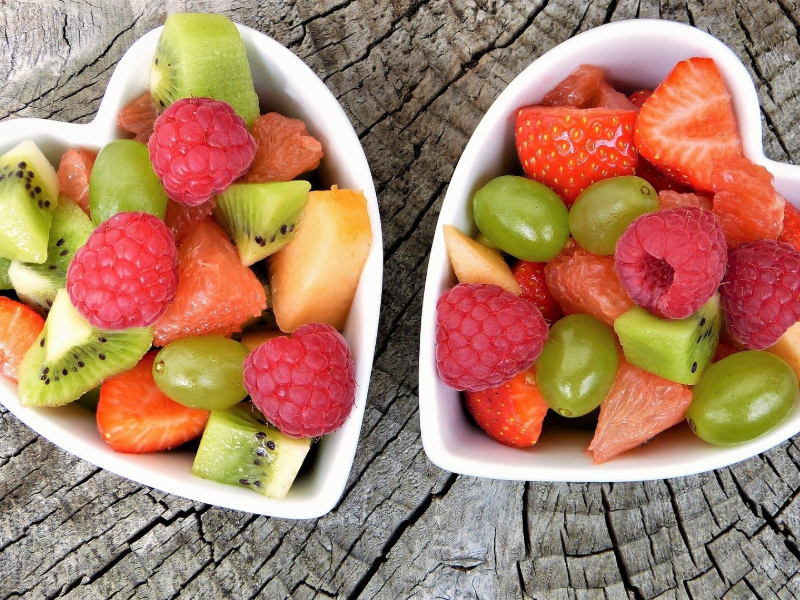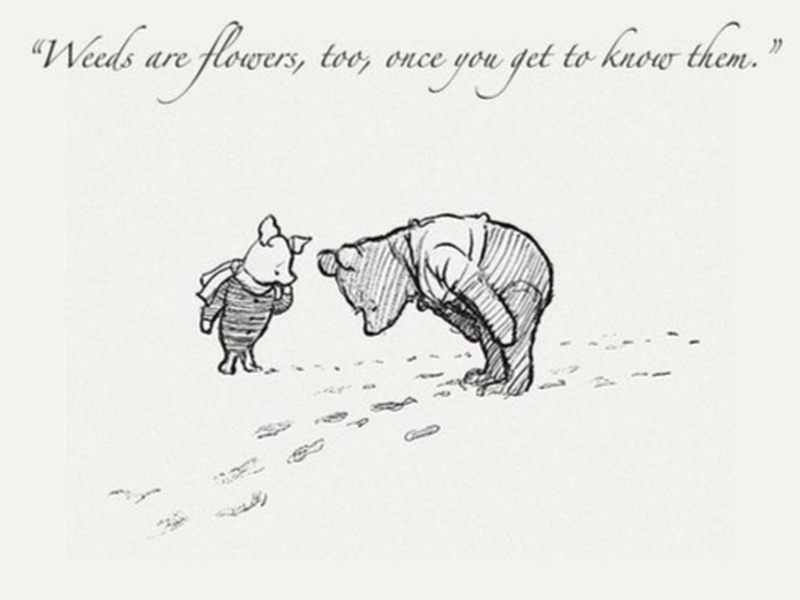After being limited to health-food stores for years, gluten-free foods are now showing up all over the place. In supermarkets, you can see the proudly labeled gluten-free products; and some restaurants are also offering gluten-free alternatives.
For those who can’t tolerate gluten, a protein found in rye, wheat, and barley, this abundance is a blessing. However, of late, going gluten-free has become part of the hipster lifestyle. Many people have switched to these types of diet, be it to lose weight, feel healthier, boost their boost energy, or even to treat autism. However, Dr. Daniel A. Leffler, director of clinical research at the Celiac Center at Beth Israel Deaconess Medical Center in Boston, states, “People who are sensitive to gluten may feel better, but a larger portion will derive no significant benefit from the practice. They’ll simply waste their money because these products are expensive.”
How gluten causes trouble
Those with celiac disease can’t tolerate gluten, not even tiny amounts. In fact, only 50 milligrams of this protein—that’s about equal to one small crouton—is enough to cause trouble. In celiac-disease sufferers, gluten causes an immune response that harms the lining of the small intestine. This can affect the absorption of nutrients from food, leading to various symptoms, as well as other problems, such as nerve damage, osteoporosis, infertility, and even seizures.
An associated disorder called gluten sensitivity or non-celiac gluten sensitivity can create symptoms similar to celiac disease, but minus the intestinal damage.
The celiac disease used to be diagnosed by a process of elimination. Identification today can be made with a blood test that examines the presence of antibodies against a protein called tissue transglutaminase. Thereafter, a biopsy of the intestine confirms the diagnosis.
Going gluten free
Cutting out gluten from your diet means more than quitting eating bread, cereals, pasta, pizza, and beer. Gluten lurks in many other products, including soy sauce, chocolates, spices, vitamin and mineral supplements, some medications, as well as some toothpaste brands. This makes opting for a gluten-free diet extremely difficult.
If you’re sure you want to go gluten-free, it is vital to know that it can set you up for some nutritional deficiencies. Fortified cereals and slices of bread are for most a key source of the B vitamin. Although loaves of bread made with gluten-free flours are becoming more common, they are mostly not fortified with vitamins. This can be a concern, especially troublesome for pregnant women. Pregnant women need vitamin B9, also known as folate or folic acid, to avoid birth defects. Taking a gluten-free multivitamin-multimineral supplement is a good idea for anyone trying to avoid gluten.
Whole wheat is also the main source of dietary fibre − bowels need fibre to work correctly. With most people lacking fibre in their diet, Dr Leffler reminds us that “take away whole wheat and the problem gets worse.” You can get your fibre from gluten-free grains such as brown rice or quinoa, as well as from fruits, vegetables, and beans, but you will need to make the effort.
If you believe you might have celiac disease or are gluten sensitive, then it is best to see your doctor before you go gluten-free. When someone avoids gluten for a while, it becomes difficult to establish whether they have celiac disease, gluten sensitivity, or neither.
There is one more thing you should consider doing: keep your dietary choice to yourself. For those obliged to follow a gluten-free diet, the smallest amount of gluten could trigger debilitating gastrointestinal discomfort. This diet is also time-consuming, expensive, and restrictive. More so, it can be a massive burden for those who have to follow it.




